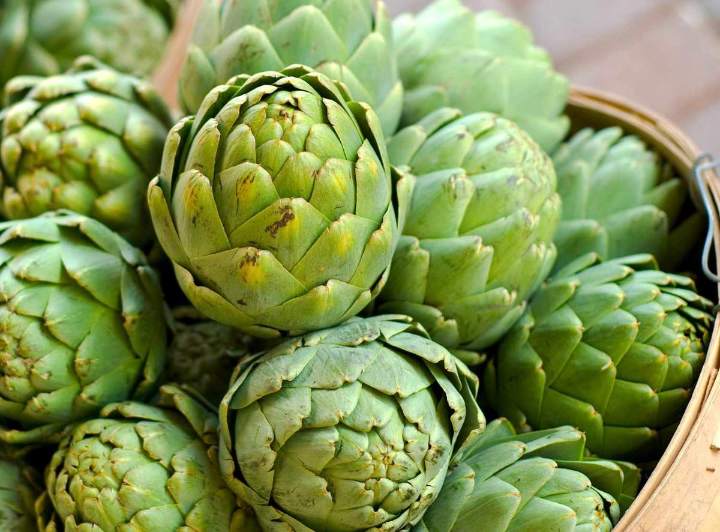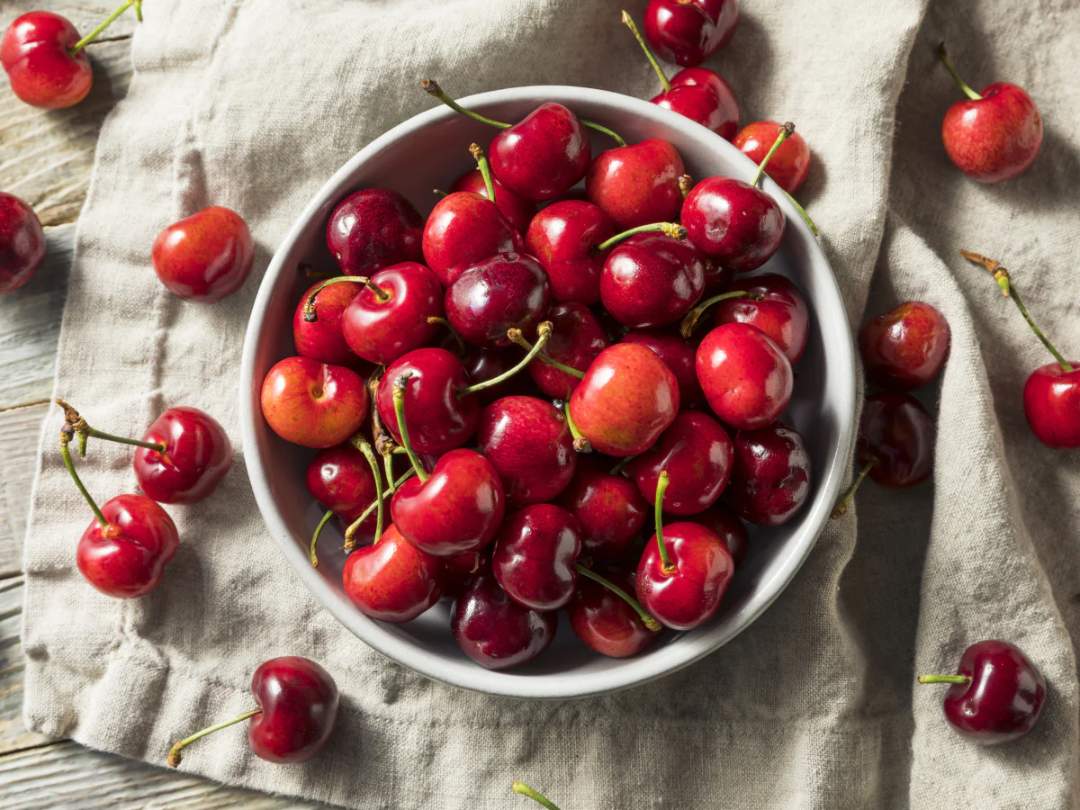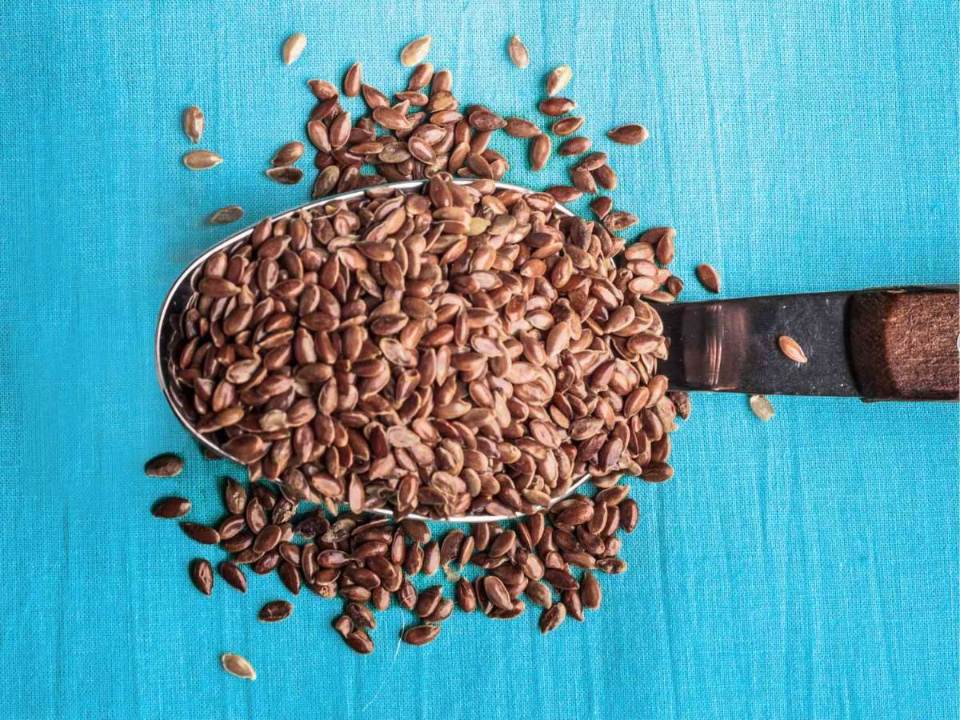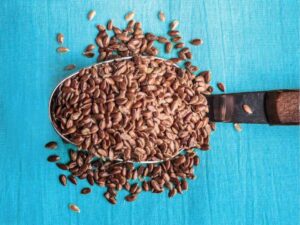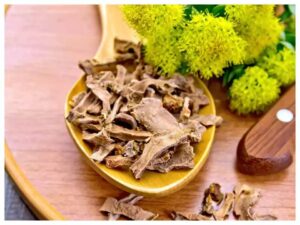The Mystical Discovery of the Artichoke
The Origins of Artichokes
The artichoke is a fascinating vegetable, surrounded by mystery and legends. Its origin is uncertain, with different theories on how it came to be. Some say it was first discovered in Ancient Egypt, while others argue that it was the Greeks who first cultivated it. But regardless of its origin, one thing is certain: the artichoke has a long and fascinating history.
The Mythical Legend of Zeus
One of the most popular legends about the artichoke comes from Greek mythology. According to the legend, Zeus, the king of the gods, fell in love with a beautiful mortal woman named Cynara. Zeus brought Cynara to Mount Olympus to live with him, but she grew homesick and wanted to return to her mortal life.
Zeus was heartbroken, but before she left, he turned Cynara into a beautiful plant, which we now know as the artichoke. The artichoke was a reminder of Zeus’s love for Cynara and a symbol of her beauty and grace.
The Discovery of the Artichoke in the Mediterranean
The artichoke’s true discovery and cultivation date back to the Mediterranean region, where it thrives in the mild, sunny climate. The first recorded cultivation of artichokes dates back to ancient Greece and Rome, where it was known for its medicinal properties.
The Greeks and Romans believed that artichokes could cure a variety of ailments, including digestive problems and liver diseases. They also used artichokes as a natural aphrodisiac and believed that it could increase sexual stamina.
Spread of Artichokes Across Europe
As the Roman Empire expanded, so did the cultivation of artichokes. The plant was brought to Spain, France, and Italy, where it became a popular food among the wealthy aristocracy. In Italy, the artichoke became a symbol of prosperity and was used in art, literature, and even architecture.
During the Renaissance period, Italian artists used the artichoke as a symbol of hope, rebirth, and transformation. They believed that the artichoke represented the renewal of life and the beauty of nature.
Artichokes in the New World
It wasn’t until the 16th century that the artichoke was introduced to the New World by French and Spanish explorers. The artichoke didn’t become popular in the United States until the 19th century, where it was introduced to California by Italian immigrants.
Today, the artichoke is widely cultivated and consumed throughout the world. It is a popular food among health-conscious individuals, as it is low in calories and high in fiber and antioxidants.
Conclusion
The artichoke’s mysterious history is a testament to its enduring appeal. From its mythical origins in Greek mythology to its spread across the Mediterranean and the New World, the artichoke has captured the imagination of people throughout history.
Whether you enjoy it roasted, steamed, or in a dip, the artichoke remains a beloved vegetable with a fascinating past.
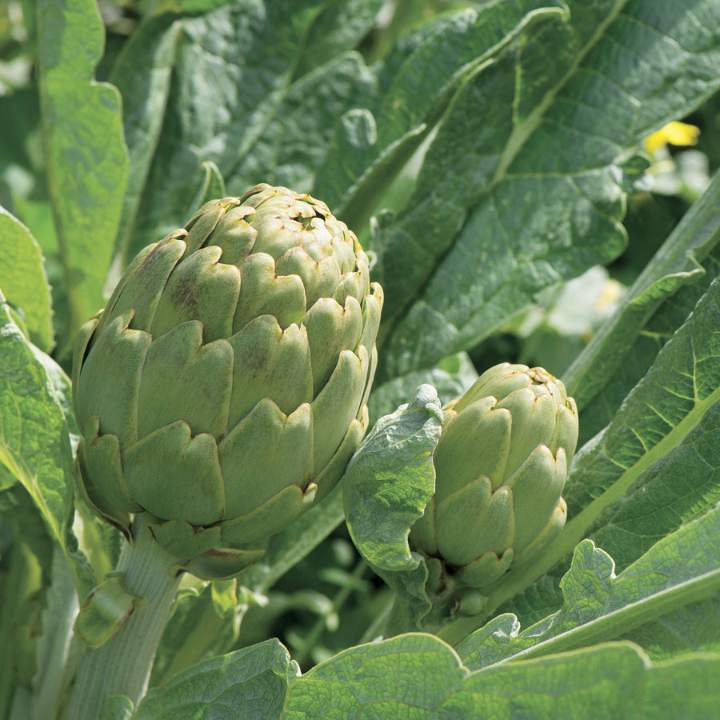
The Amazing Health Benefits of Artichokes
Introduction
Artichokes are a unique and delicious vegetable that has been cultivated for thousands of years. In addition to their distinctive flavor and versatility in cooking, artichokes also provide a wide range of health benefits. In this article, we’ll explore the various health benefits of artichokes and how they can improve your overall well-being.
Nutritional Profile of Artichokes
Artichokes are packed with nutrients, including vitamins, minerals, and antioxidants. One medium-sized artichoke contains:
- Calories: 60
- Protein: 4g
- Carbohydrates: 13g
- Fiber: 6g
- Fat: 0.2g
- Vitamin C: 25% of the Daily Value (DV)
- Vitamin K: 14% of the DV
- Folate: 10% of the DV
- Potassium: 8% of the DV
- Magnesium: 6% of the DV
- Iron: 4% of the DV
Digestive Health Benefits of Artichokes
Artichokes are known for their beneficial effects on the digestive system. They contain a high amount of dietary fiber, which helps to regulate bowel movements and prevent constipation. The fiber in artichokes also helps to promote the growth of beneficial gut bacteria, which is essential for maintaining a healthy digestive system.
Artichokes also contain a unique compound called cynarin, which stimulates the production of bile in the liver. Bile is essential for the digestion of fats and helps to keep the digestive system functioning properly.
Cardiovascular Health Benefits of Artichokes
Artichokes are a heart-healthy food that can help to reduce the risk of cardiovascular disease. They contain a compound called luteolin, which has been shown to reduce inflammation in the body. Inflammation is a major risk factor for cardiovascular disease, so reducing inflammation can help to protect the heart.
Artichokes also contain antioxidants, including quercetin and rutin, which can help to reduce oxidative stress and inflammation in the body. These antioxidants also help to protect the heart by reducing the risk of atherosclerosis, or the buildup of plaque in the arteries.
Liver Health Benefits of Artichokes
The liver is an essential organ that plays a crucial role in detoxification and metabolism. Artichokes are known to have a beneficial effect on liver health. The cynarin in artichokes stimulates the production of bile in the liver, which helps to eliminate toxins from the body.
Artichokes also contain a compound called silymarin, which has been shown to have a protective effect on the liver. Silymarin has been found to reduce liver inflammation and improve liver function in people with liver disease.
Weight Loss Benefits of Artichokes
Artichokes are a low-calorie, high-fiber food that can help to promote weight loss. The fiber in artichokes helps to promote feelings of fullness and reduce appetite, which can help to reduce overall calorie intake.
Artichokes also contain a compound called inulin, which is a prebiotic fiber that feeds the beneficial bacteria in the gut. Studies have shown that inulin can help to reduce body weight and improve metabolic health.
Immune System Benefits of Artichokes
Artichokes are a rich source of antioxidants, including vitamin C, which can help to boost the immune system. Vitamin C helps to protect the body against harmful free radicals and supports the production of white blood cells, which are essential for fighting infections.
Artichokes also contain a compound called cynarin, which has been shown to have immunomodulatory effects. Cynarin helps to regulate the immune system and may help to improve immune function in people with autoimmune diseases.
Skin Health Benefits of Artichokes
The antioxidants in artichokes, including quercetin and rutin, can also benefit the skin. These antioxidants help to protect the skin against damage from UV radiation and pollution, which can lead to premature aging and skin damage.
Artichokes also contain vitamin C, which is essential for the production of collagen, a protein that helps to keep the skin firm and elastic. Vitamin C also helps to reduce inflammation in the skin, which can help to reduce redness and irritation.
Brain Health Benefits of Artichokes
Artichokes may also have beneficial effects on brain health. They contain a compound called luteolin, which has been shown to have neuroprotective effects. Luteolin helps to protect the brain against inflammation and oxidative stress, which can lead to cognitive decline and neurological disorders.
Artichokes also contain vitamin K, which is essential for brain health. Vitamin K plays a role in the production of myelin, a substance that helps to protect nerve cells and promote efficient communication between brain cells.
Conclusion
Artichokes are a versatile and delicious vegetable that provides a wide range of health benefits. From improving digestive and cardiovascular health to promoting weight loss and supporting brain function, artichokes are a superfood that should be included in any healthy diet.
Whether you enjoy them roasted, steamed, or in a dip, artichokes are a delicious and nutritious addition to any meal. So why not try incorporating them into your diet today and reap the many health benefits that this amazing vegetable has to offer!
The Nutritional Components and Core Ingredients of Artichokes
Artichokes are a low-calorie, nutrient-dense vegetable that is packed with vitamins, minerals, and antioxidants. One medium-sized artichoke (about 128g) contains:
- Calories: 60
- Protein: 4g
- Carbohydrates: 13g
- Fiber: 6g
- Fat: 0.2g
- Vitamin C: 25% of the Daily Value (DV)
- Vitamin K: 14% of the DV
- Folate: 10% of the DV
- Potassium: 8% of the DV
- Magnesium: 6% of the DV
- Iron: 4% of the DV
Artichokes are also a rich source of antioxidants, including quercetin, rutin, and silymarin. These antioxidants help to protect the body against harmful free radicals and reduce inflammation, which can contribute to a wide range of chronic diseases.
Core Ingredients of Artichokes
The core ingredients of artichokes are what give them their unique flavor and texture. Artichokes are composed of several layers, each with its own distinct flavor and texture.
- Leaves: The leaves of the artichoke are the most visible part of the vegetable. They are thick and fleshy and have a slightly bitter flavor. The leaves are typically removed before cooking, but can be eaten if they are cooked long enough to become tender.
- Heart: The heart of the artichoke is the most prized part of the vegetable. It is tender and meaty and has a slightly sweet, nutty flavor. The heart is surrounded by the fibrous “choke,” which should be removed before eating.
- Stem: The stem of the artichoke is often overlooked, but it is also edible. It has a similar flavor and texture to the heart, but is slightly less tender.
Methods for Consuming Artichoke
Roasting Artichokes
Roasting artichokes is a great way to bring out their natural sweetness and nutty flavor. To roast artichokes, start by trimming the stem and top of the artichoke and removing the outer leaves. Cut the artichoke in half lengthwise and scoop out the choke with a spoon.
Place the artichoke halves in a roasting pan and drizzle with olive oil. Season with salt and pepper, and any other desired seasonings, such as garlic or lemon zest. Roast in the oven at 425°F for 25-35 minutes, or until tender and golden brown.
Roasted artichokes can be served as a side dish or added to salads, pasta dishes, or sandwiches.
Grilling Artichokes
Grilling artichokes is another great way to enhance their natural flavor. To grill artichokes, start by trimming the stem and top of the artichoke and removing the outer leaves. Cut the artichoke in half lengthwise and scoop out the choke with a spoon.
Brush the artichoke halves with olive oil and season with salt and pepper. Grill over medium-high heat for 5-7 minutes per side, or until tender and charred.
Grilled artichokes can be served as a side dish or added to salads, pizzas, or sandwiches.
Steaming Artichokes
Steaming artichokes is a classic method for cooking this vegetable. To steam artichokes, start by trimming the stem and top of the artichoke and removing the outer leaves. Cut the artichoke in half lengthwise and scoop out the choke with a spoon.
Place the artichoke halves in a steamer basket and steam for 20-25 minutes, or until tender. Serve with melted butter, garlic aioli, or any other desired dipping sauce.
Steamed artichokes can also be added to salads, pasta dishes, or grain bowls.
Boiling Artichokes
Boiling artichokes is another simple and classic method for cooking this vegetable. To boil artichokes, start by trimming the stem and top of the artichoke and removing the outer leaves. Cut the artichoke in half lengthwise and scoop out the choke with a spoon.
Place the artichoke halves in a pot of boiling water and simmer for 20-25 minutes, or until tender. Drain and serve with melted butter, garlic aioli, or any other desired dipping sauce.
Boiled artichokes can also be added to salads, soups, or stews.
Raw Artichokes
While not as common as cooked artichokes, raw artichokes can also be consumed. To prepare raw artichokes, start by trimming the stem and top of the artichoke and removing the outer leaves. Cut the artichoke in half lengthwise and scoop out the choke with a spoon.
Slice the artichoke halves thinly and toss with lemon juice, olive oil, and any other desired seasonings. Raw artichokes can be added to salads, sandwiches, or used as a topping for pizzas or flatbreads.
Conclusion
Artichokes are a delicious and nutritious vegetable that can be prepared in a variety of ways. From roasting and grilling to steaming and boiling, there are many methods for consuming artichokes. Whether you prefer them as a side dish or as an ingredient in salads, pasta dishes, or sandwiches, artichokes are a versatile and flavorful addition to any meal.
So next time you’re looking for a new way to prepare artichokes, try one of these methods and see how they can enhance the natural flavor and texture of this amazing vegetable. And don’t be afraid to experiment with different seasonings and sauces to find the perfect flavor combination for your taste buds!

Potential Side Effects and When to Avoid Taking Artichoke
Gastrointestinal Side Effects
Artichokes are a high-fiber food that can cause gastrointestinal side effects in some people. Consuming large quantities of artichokes can cause bloating, gas, and abdominal discomfort, especially in people with sensitive digestive systems.
To avoid gastrointestinal side effects, it’s best to start with small quantities of artichokes and gradually increase your intake over time. It’s also important to drink plenty of water and other fluids to help flush out excess fiber and prevent constipation.
Allergic Reactions
While rare, some people may be allergic to artichokes or other members of the thistle family. Symptoms of an allergic reaction can include hives, itching, swelling of the face, tongue or throat, and difficulty breathing.
If you experience any of these symptoms after consuming artichokes, seek medical attention immediately. Anaphylaxis, a severe and potentially life-threatening allergic reaction, can occur in some cases.
Interactions with Medications
Artichokes may interact with certain medications, including those used to treat high cholesterol, blood thinners, and medications for liver or kidney disease. Artichokes contain compounds that can affect the way these medications are metabolized in the body, which can lead to potentially harmful side effects.
If you are taking any medications, it’s important to talk to your doctor before adding artichokes to your diet. Your doctor can help you determine whether artichokes are safe for you to consume and whether any adjustments to your medication regimen are necessary.
When to Avoid Taking Artichoke
While artichokes are generally safe for most people to consume, there are certain situations where they should be avoided. These include:
- Gallbladder disease: Artichokes can stimulate the production of bile, which can exacerbate symptoms in people with gallbladder disease.
- Allergy to thistle family: People who are allergic to other members of the thistle family, such as ragweed or daisies, may also be allergic to artichokes.
- Medications: As mentioned, artichokes may interact with certain medications, so it’s important to talk to your doctor before adding artichokes to your diet.
- Pregnant or breastfeeding: There is not enough research on the safety of consuming artichokes during pregnancy or breastfeeding, so it’s best to avoid them during these times.
Here are 10 useful outlinks to refer to information on Artichoke:
Healthline – 8 Impressive Health Benefits of Artichokes: https://www.healthline.com/nutrition/artichoke-benefits
Nutrition Data – Artichokes: https://nutritiondata.self.com/facts/vegetables-and-vegetable-products/2307/2
USDA – National Nutrient Database for Standard Reference – Artichokes, (Globe or French), raw: https://fdc.nal.usda.gov/fdc-app.html#/food-details/171697/nutrients
BBC Good Food – Artichoke recipes: https://www.bbcgoodfood.com/recipes/collection/artichoke
